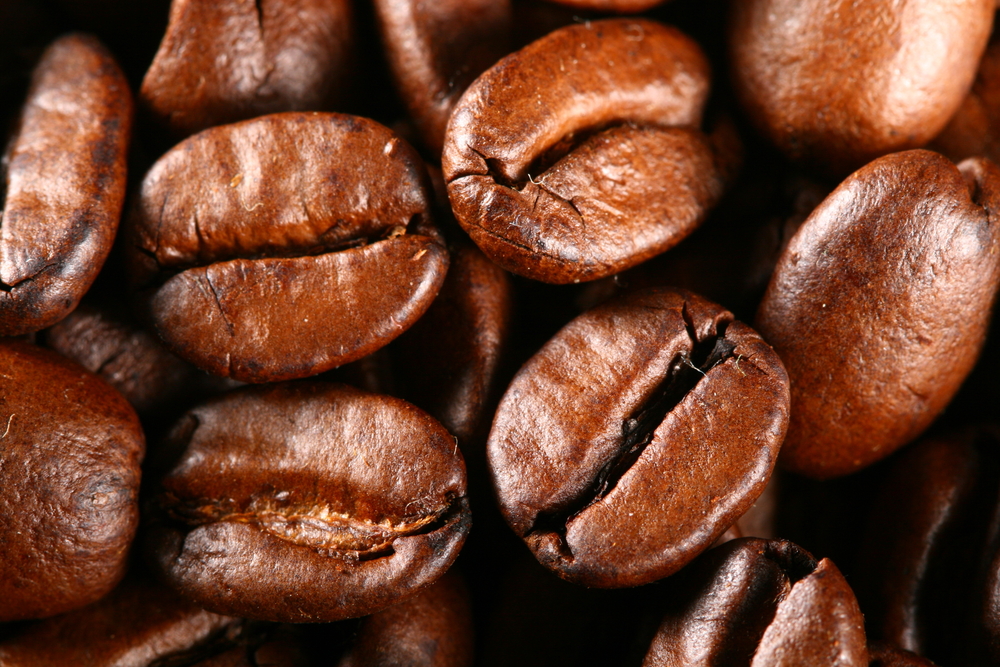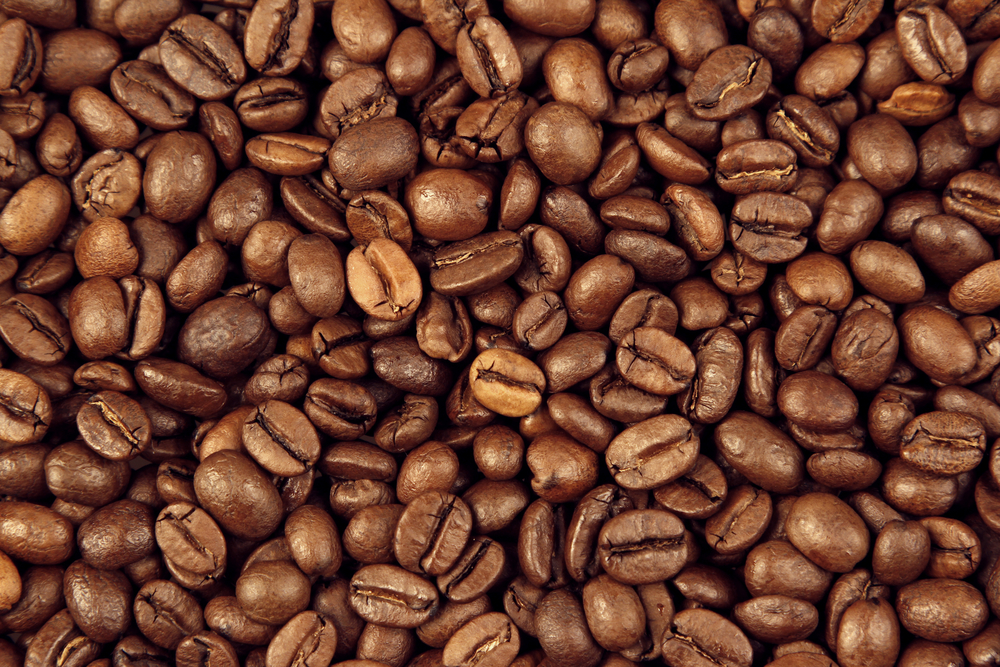Coffee may seem like a nonperishable item, similar to tea, but it can go bad if it is not brewed and consumed within a certain period.
If you notice some changes in your coffee stash that affect the taste or smell, you may be asking yourself, “How long do coffee beans last?” This article will help you answer this question, teach you how to detect stale coffee, and help keep your coffee fresh for as long as possible.
Coffee Shelf Life and Freshness: The Basics
Do Coffee Beans Go Bad?
All coffee bought at the store comes with an expiration date. So yes, coffee beans and coffee grounds can become stale and even go bad. While stale coffee is unlikely to make you sick, you will notice a change in your drink’s taste and overall quality.
Unroasted coffee beans, or green coffee beans, stay fresh for the longest time, with a shelf life of about two years. Many people buy unroasted beans and process them at home because roasting the beans gives them their distinct coffee flavour.
Furthermore, many are also content with buying whole roasted beans or coffee grounds. The next section will look at how long it takes for roasted beans and coffee grounds to go bad.
How Long Do Roasted Coffee Beans Last?
Generally, whole roasted coffee beans, or long coffee beans, can last for about three months before becoming stale. However, it also depends on the roasting process used and how you store beans.
There may be slight changes in smell and taste that a casual coffee drinker may not notice immediately. However, if you are somewhat of a coffee snob, it would be easier to tell if you’re having a freshly brewed coffee or a stale-tasting brew.
How Long Do Ground Coffee Beans Last?
Freshly ground coffee beans can last for several weeks up to a month. If you ground the beans at home, you may start to notice a difference in as little as a week, especially when they are stored incorrectly. Store-bought ground coffee will most likely last closer to a month as it has been packed in a vacuum-sealed bag.
Ground coffee doesn’t stay fresh as long as whole coffee beans because most aroma and flavour are locked inside the beans. Ground beans expose more surface area to the air, dissipating their natural oils and flavour. This results in a shorter shelf life overall, even when stored properly. To help prevent ground coffee from becoming stale, store it in an airtight container.
How Do I Know if My Coffee Beans Are Stale?
Ensuring you’re using fresh coffee beans is one of the most important considerations when you brew coffee at home. But how do you know if what you have are old coffee beans or even expired beans? Below are things to carefully look into to ensure you’re using the freshest coffee beans during the brewing process.
The Appearance of Whole Coffee Beans

While there are different types of coffee beans, they look the same in terms of appearance once roasted. The oils in freshly roasted coffee beans should look somewhat shiny. After being roasted, coffee beans will lose their shine over time as the oils naturally start to dry up and evaporate.
If your whole beans start looking dull and dry, it is a sign that your coffee is no longer fresh and has possibly gone stale.
The Feel of Whole Beans
If you are unsure by the look of the roasted whole coffee beans alone, you can also rub a whole bean between your fingers to check for an oily residue. The natural oils can be seen and can also be felt on coffee beans when they are fresh. While not super noticeable, the oils will rub off on your skin and leave a subtle mark.
If a coffee bean feels dry and no oily residue is left on your fingers, your coffee could be stale.
The Flavour of the Coffee
Stale brewed coffee has a distinct flavour distinguishable from the fresh flavour we are accustomed to. While this may not diminish the coffee drinking experience for casual or occasional coffee drinkers, the case is different for coffee enthusiasts who relish the robust flavours of a fresh brew.
As coffee becomes stale, it loses flavour, making it less enjoyable. As the flavour is naturally reduced, a new bitter taste can also occur. Hence, if your coffee suddenly loses its flavour significantly and develops a bitter coffee taste, chances are your coffee is stale.
The Smell of Your Coffee

We all know and love the aroma of fresh coffee beans. The smell of the beans dissipates as soon as it comes into contact with oxygen.
As we now know, this loss of smell also translates to a loss of flavour, leaving you with bland coffee with a less powerful aroma. And nobody wants that.
If your ground coffee or roasted coffee beans have a dull, musty, or rancid aroma, you may want to toss them as they have most likely gone bad.
The Expiration Date on the Coffee Bag or Tin
Coffee beans and ground coffee come with a ‘best before’ date on the coffee bag for a reason. The expiration date is relative to the roasting and processing date and is the manufacturer’s best guess as to how long their product will stay fresh. Of course, the coffee has the potential to exceed the expiration date when kept in a sealed container but don’t rely on this to happen.
If the expiration day on your coffee’s tin or bag has passed, your coffee has likely become stale but feel free to double-check using the indicators described above.
In addition, coffee bags have tiny air vent holes that can affect the freshness of your coffee. The tiny hole vents in the bag allow the roasted beans to continue releasing their natural gases. This helps preserve the integrity of the coffee for a more extended period. If the bag does not come with the air vent hole, freshly roasted beans and ground coffee will likely go stale faster.
How Should You Store Your Coffee Beans?
When you store coffee beans, there are several things you can do to make them last longer. Essentially, the idea is to minimise or eliminate light, moisture, oxygen, and heat.
To help keep your coffee beans fresh for as long as possible and give them a longer shelf life, follow these easy coffee storage tips:
- Always store coffee beans and grounds in a cool, dark place. This will prevent unnecessary exposure to heat and light.
- Storing it in an airtight container will also help keep your coffee fresh. An airtight container keeps carbon dioxide in, keeps moisture and air away from the coffee grounds or beans, and slows down the oxidation process. The oxidation process gives your coffee a bitter taste and alters its aroma.
- Fresh coffee beans and grounds can also benefit from being stored in an opaque container, especially if you don’t plan on keeping them away from sunlight. An opaque container will provide an extra layer against light and heat.
Can You Freeze Coffee Beans?
Freezing coffee beans is commonly thought of as a method for preserving them for longer. However, many coffee connoisseurs don’t recommend this method.
Freezing your coffee, whether it is instant coffee, beans, or grounds, can lead to what coffee lovers call a flat flavour profile. Freezing coffee causes a noticeable reduction in the flavour and aroma that develops during the roasting process. Sure, the coffee will still contain the caffeine you so desire, but the other elements of the coffee will be muted.
If you wind up with a large batch of coffee beans, then it is necessary you preserve it; you may have no choice but to freeze some. If this happens, wrap it well so no moisture can penetrate the packaging. We recommend double bagging the coffee with durable freezer-safe storage bags.
Pro Tips to Help You Get a Fresh Cup of Coffee Every Time
Now that you know how to store your coffee so it lasts as long as possible, we have a few more tips we want to offer that should help make sure you are always drinking the freshest coffee possible.
Follow these coffee handling and purchasing tips to get the freshest coffee:x
- Try buying your coffee beans in smaller batches. Ideally, you should be able to drink all of the coffee before it needs to be preserved in the freezer or goes stale. If you want to take advantage of bulk pricing or prefer to stock up, buy a couple of smaller bags instead of one large bag. The unopened coffee will stay fresher for longer this way.
- Buy the freshest coffee you can find. Not all coffee brands print a roast date on their coffee tins and bags, but you can also check the expiration date as a substitute.
- Buy whole beans to grind at home. Most of the flavour and aroma are inside the bean, so if you wait to grind it at home, the coffee will stay as fresh as possible until you are ready to start brewing.
- When making coffee grounds, grind a small batch of beans as you need them instead of grinding a whole bag at once. Again, this will trap the flavours until you are ready to brew your coffee.
- Do not keep your coffee beans in the fridge, similar to the freezer. This can alter the flavour and overall smell they produce. Additionally, the fridge is not cold enough to preserve the beans, and they are more likely to be exposed to liquid while inside.
Keeping Coffee Beans Fresh for Longer
Coffee beans can last for up to three months, and ground coffee for up to a month, as long as you store it correctly—store coffee in an opaque, airtight container to keep your grounds and beans fresh. Also, pay attention to any differences in your coffee’s appearance, smell or flavour to ensure you are drinking coffee that’s fresh and flavourful each time.
Now that you know the answer to “How long do coffee beans last?” do you think it will be easier to keep your coffee stash fresh for longer periods? Let us know what you think in the comments below. Also, for more tips on brewing methods and the best coffee-making equipment to purchase, check out our buying guides!

